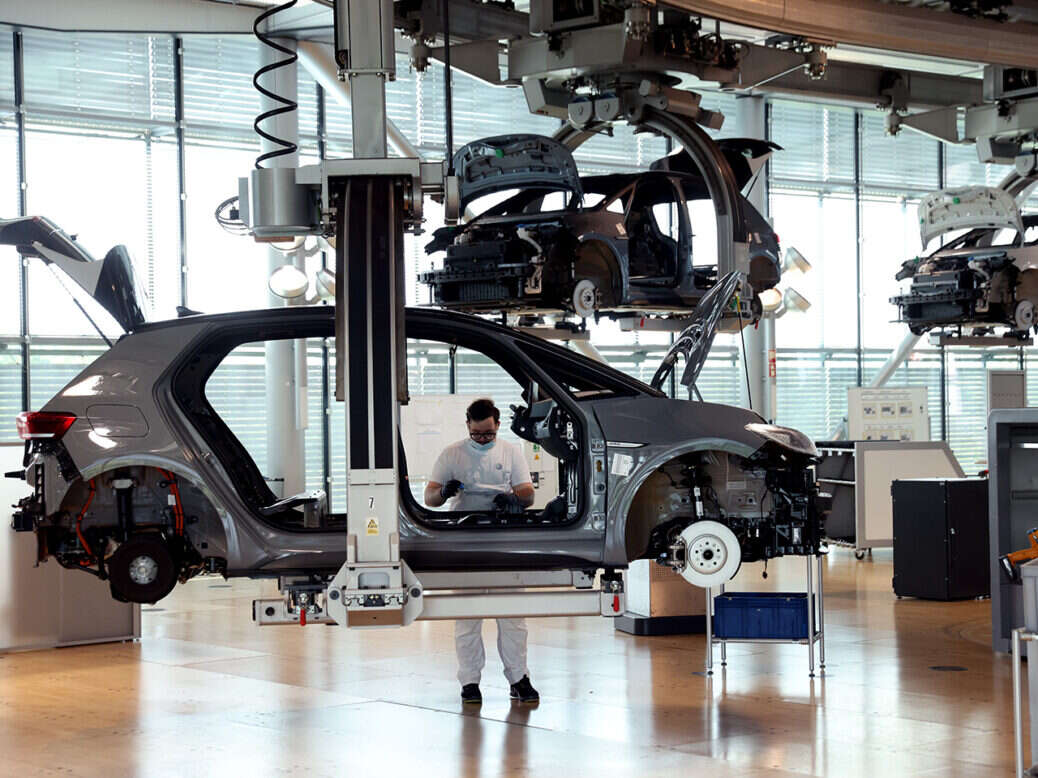
The start-up Britishvolt had ambitious £3.8bn plans for a giant factory in Northumberland to make batteries for electric vehicles. But yesterday (17 January) it collapsed and fell into administration. Hopes of 3,000 skilled jobs in a deprived part of the north were dashed as a result and almost all the company’s 300 staff have been made redundant.
Britishvolt’s failure is an important story not just because of the immediate disappointment – the project may yet be revived in some form – but because it reveals a hard truth about Rishi Sunak’s government: there is no strategy for the British car industry at a moment of profound change.



